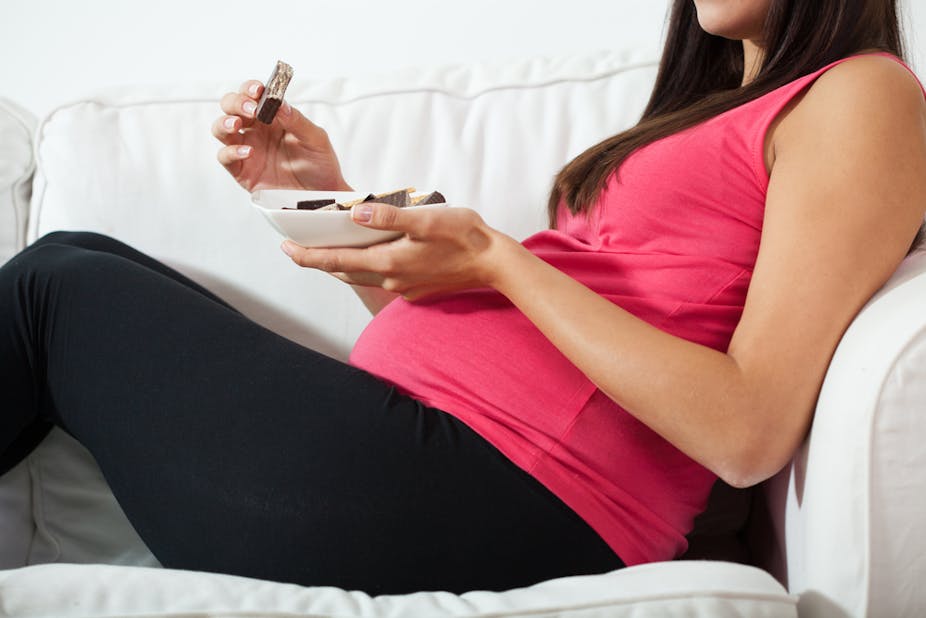Being pregnant today means obeying an increasing number of rules. No smoking, drinking, or recreational drugs; avoiding particular foods; worrying about hair dye; worrying about prescription drugs – in fact, worrying about most things. Including worrying about worrying – because stress is supposed to be bad for a developing foetus too.
Most of the rules about pregnancy behaviour purport to be based on science. For example, pregnant women are told to avoid soft cheese, unpasteurised milk, raw fish, bagged salad. And of course, everyone from national agencies to the local midwife will now tell you that drinking alcohol in pregnancy poses the risk that the foetus will develop foetal alcohol spectrum disorder (FASD) – a wide-ranging diagnosis that is said to encompass various degrees of “vision impairment, sleep problems, heart defects, liver problems, poor immune system, speech and language delays, impulsivity, memory problems, hyperactivity [and] inappropriate social behaviour”.
While there is evidence that very heavy drinking can damage the foetus, the findings of studies attempting to measure the harm from low to moderate levels of alcohol consumption have been equivocal, even contradictory. Meanwhile, a change to official UK guidance from no more than one or two units a week to none at all wasn’t based on any new evidence. The prevailing idea is that you shouldn’t “just to be on the safe side”.
There are many reasons why birth defects might develop – and often, the precise cause is unknown. For example, the NHS states that in most cases of congenital heart disease, “no obvious cause… is identified”. These problems can also happen whether a woman drinks some alcohol in pregnancy or not. But for organisations such as the FASD Trust, any consumption of alcohol is assumed to be the cause: “FASD is a series of preventable birth defects caused entirely by a woman drinking alcohol at any time during her pregnancy, often even before she knows that she is pregnant.”

Claims about alcohol consumption in pregnancy (and how much) are riven with confusions over correlation and causation. Yet despite evidence suggesting that low to moderate levels of alcohol consumption during pregnancy are benign, official advice has become increasingly precautionary. “I want pregnant women to be very clear that they should avoid alcohol as a precaution,” Sally Davies, England’s chief medical officer, has said. “Although the risk of harm to the baby is low if they have drunk small amounts of alcohol before becoming aware of the pregnancy, there is no ‘safe’ level of alcohol to drink when you are pregnant”.
This precautionary guidance is not restricted to the UK. The abstinence message was first used in the US, where pregnant women suspected of alcohol or drug “abuse” during pregnancy can find themselves arrested, incarcerated or subjected to compulsory treatment, under threat of having their children removed. Yet as National Advocates for Pregnant Women, an organisation that campaigns tirelessly for the rights of pregnant women, has pointed out that “media hype and enduring myths” surrounding alcohol and drug use in pregnancy are “not supported by science”.
In Scandinavian countries, which are often presumed to be strongly supportive of women’s rights and more liberal in their approach to personal behaviour, guidance to pregnant women has also taken the line that, while there is no evidence of harm from prenatal exposure to alcohol, pregnant women are warned not to drink, because “why take chances?”
This turn towards precautionary advice around drinking in pregnancy is deeply problematic because it borrows the authority of science without conclusively showing evidence for cause and effect, because of an a priori assumption that it is wrong for pregnant women to drink any alcohol.
Of course, this does not mean that pregnant women should drink alcohol in pregnancy. But this is something they need to decide for themselves.
The injunction that pregnant women have an obligation to avoid alcohol “just in case” is bound up with many other examples of the increasingly aggressive policing of pregnancy and birth. Pregnant women are told, in myriad ways, that their own needs, desires and feelings no longer count – “all that matters” is that they have a healthy baby. From what they eat and drink to how they feel and think, the message transmitted to pregnant women by our risk-averse parenting culture is that their behaviour should be determined by fears about the effect on the foetus in their womb.
In this way, pregnant women are scared into seeing themselves as second-class citizens rather than autonomous individuals. And many women are made to feel bad for not following the rules explicitly. This resulting blow to their autonomy is a far bigger problem for women, and their babies, than anything they might eat or drink when pregnant.

